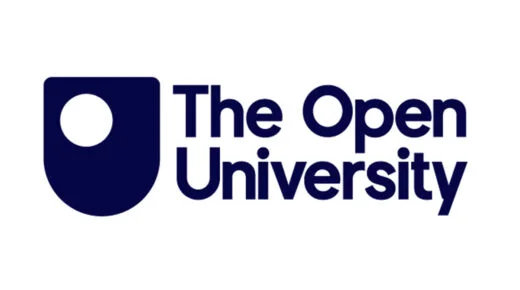Stress Map (http://stressmap.co.uk/), the European leader in residual stress metrology by the contour method, celebrates its 10th anniversary this month and is proud to announce that it has invested in two new capabilities to help their customers prolong the life and control distortions of critical mechanical components in the aerospace/motorsport/defence industries. For details on our new projects, visit: https://lnkd.in/djPw_gYx.
StressMap is the measurement services business unit of The Open University (OU), dedicated to providing specialist residual stress measurement and material characterisation services to clients worldwide. It offers a range of residual stress measurement techniques , including the contour method, slitting, hole drilling, X-ray diffraction, neutron diffraction and more. The company plans to double in size in the next two years and then double again within five.
In its quest to making cutting-edge residual stress engineering technology available to industry, StressMap has just designed, built and commissioned a new wire cutting machine, specifically to enable contour method measurements in polymers, ceramics and composites. Before this machine was created, only electrically conductive materials (mainly metals) could be measured, since the only cutting technique available was wire electro-discharge machining (wEDM).
StressMap’s new invention is the fruit of a year’s worth of research and is the only machine in the world that can cut these non-conductive materials with the required quality. The first results obtained in a PEEK pipe has been presented and scrutinised by specialist researchers at a conference in the Spring and further structures are being tested
Another capability for StressMap has invested in is a new laser peening machine. This will be tested in collaboration with an F1 team on its engine components. This technique induces beneficial residual stress at the surface of key components, preventing cracking and prolong their life.
Over the past decade StressMap has delivered over 150 projects for 80 customers across the world. Applications of their residual stress measurement expertise vary widely, for example: additive manufactured titanium components; nickel superalloys for turbine discs; cobalt-chrome alloys for bio-medical use to name a few.
It has also developed strain scanning simulation software in conjunction with STFC in Harwell Oxfordshire to improve the quality of neutron diffraction measurements by maximising accuracy in strain measurements and providing a high level of positional accuracy and repeatability.
Residual stresses are present in virtually all solid components and they can cause unexpected failures or in other cases, extend the life of load-bearing parts in service. These stresses depend heavily on the manufacturing process and they add (or subtract) to the service loads experienced by the material.
In most cases, optimising the residual stress distribution in a mechanical component can unlock gains in performance without adding weight, changing the design or material of the part. In addition, simply understanding these residual stresses in a particular component allows for accurate fatigue life predictions, which is particularly important in safety-critical applications, such as aerospace structures and pressure vessels, as well as where fine safety margins are essential, such as in high-performance parts and space applications.
For more information on Stress Map’s services, visit stressmap.co.uk and get in touch https://www.stressmap.co.uk/contact-us/.

Author: The Open University
Date: 23 April 2025
Join the researchers at The Open University for an afternoon where we dive into the world of virtual meetings and discuss how to create an inclusive and equitable environment online. Learn practical tips on how to ensure everyone’s voice is heard, regardless of their background or circumstances. The conference will feature a panel discussion on: … Continued
Author: The Open University
Date: 21 January 2025
OpportunityHub, The Open University’s online vacancy service, can promote your organisation to OU students and recent graduates including advertising your job vacancies, placement programmes and volunteering opportunities. We are one of the largest universities in Europe with almost 200,000 students and are the largest provider of higher education for people with disabilities. To find … Continued
Author: The Open University
Date: 14 March 2024
Join The Open University and InterAct for the launch of a tool for designing customer and regulation focused verification, validation and testing (VVT) plans for your new product or technology development. This event aims to demonstrate why the industry should invest and how they can focus on critical product verification, validation, and testing activities focused … Continued